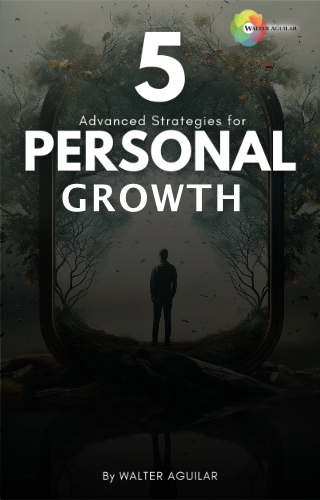Grief is Not Something We “Get Over”
Society often pressures us to heal quickly, to “be strong,” or to return to normal as if loss is just an event with a clear endpoint. The truth is, grief is not an obstacle to overcome, but a journey to navigate. It is cyclical, not linear, meaning it will come and go in waves, sometimes when we least expect it.
- Some days, grief feels like a quiet whisper—a gentle reminder of what was.
- Other days, it roars like a storm—intense, overwhelming, and all-consuming.
- Then there are moments of peace, acceptance, and even joy—where grief softens, allowing us to appreciate life again.
Understanding this ebb and flow allows us to stop resisting grief and start working with it instead.
Acceptance is the Key to Moving Forward
From an Energy Leadership perspective, acceptance is a high-energy response that allows us to shift from suffering to healing. When we resist grief, we often stay stuck in lower energy levels—feeling powerless, bitter, or disconnected. However, when we choose acceptance, we acknowledge:
✔ Our pain is real, and so is our capacity to heal.
✔ We don’t have to “let go” of loved ones or experiences—we can integrate them into who we are becoming.
✔ Healing does not mean forgetting but learning to live fully again with what we’ve lost.
Acceptance does not mean we no longer feel grief, it means we make space for it without letting it define us.
How to Grieve Effectively: Practical Steps for Growth Seekers
1. Give Yourself Permission to Feel
- Avoid labeling your emotions as “good” or “bad.”
- Allow yourself to experience sadness, anger, confusion, and even moments of happiness without guilt.
2. Recognize That Grief is Personal
- No two people grieve the same way.
- Release expectations of how long it “should” take.
3. Practice Mindful Presence
- Stay connected to the present moment rather than ruminating on the past or fearing the future.
- Breathwork, meditation, and journaling can help process emotions without being overwhelmed.
4. Express and Process Your Grief
- Talk with a trusted friend, therapist, or coach.
- Engage in creative outlets like writing, music, or art to honor your loss.
5. Find Meaning in Your Loss
- Over time, look for ways to integrate the experience into your personal growth.
- Many find purpose in helping others through similar losses.
6. Connect with Supportive People
- Surround yourself with those who allow you to grieve at your own pace without judgment.
- Avoid those who push toxic positivity (“Just move on”) or dismiss your feelings.
7. Embrace the Journey, Not the Destination
- There is no final “end” to grief, only different ways of carrying it as we grow.
- Trust that as you evolve, so will your relationship with your loss.
Final Thought: Growth Through Grief
For growth seekers, grief presents a paradox—it is both painful and transformative. While loss may shake the foundation of who we are, it also has the potential to reshape us in profound ways. It invites us to deepen our understanding of life, love, and the strength within us.
By learning to move forward with grief rather than trying to erase it, we open ourselves to new levels of resilience, wisdom, and connection, ultimately allowing us to live more fully, more presently, and more deeply.
You are not alone in your grief. You are growing through it.
Need Support? Let’s Connect
If you’re navigating grief and want guidance on how to move forward in a healthy and empowering way,
I’m here to help. Whether it’s through coaching, support, or simply having a conversation, you don’t
have to do this alone.
For more support or questions, feel free to reach out. Let’s walk this journey together.






